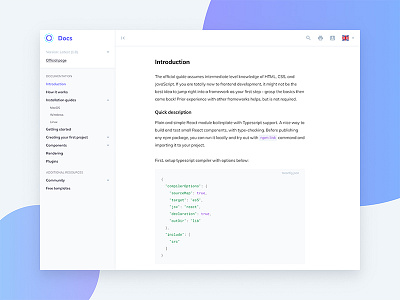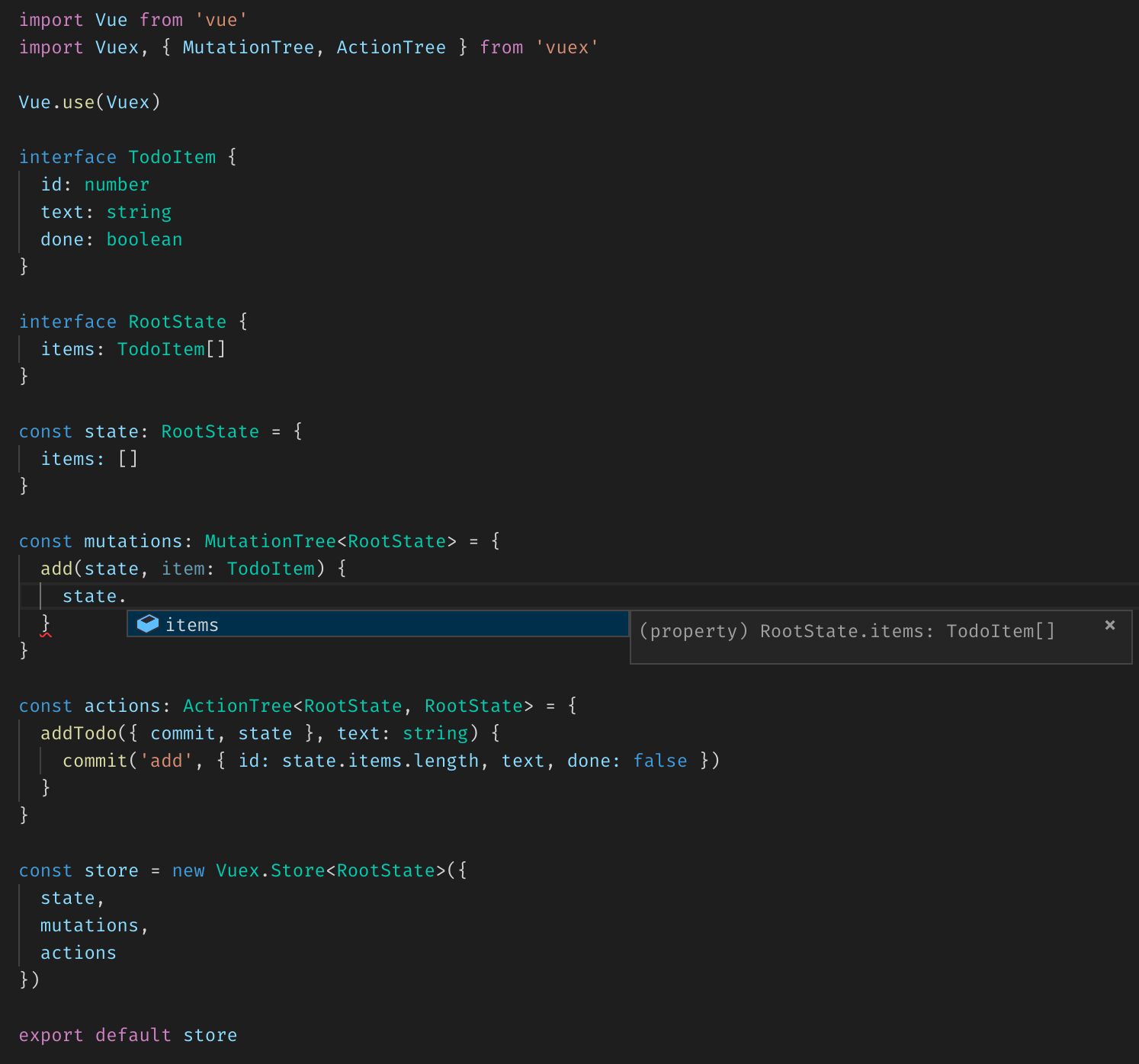🖋 Convert Grammarly to Markdown (browser extension) - brunoluiz/grammarly-markdown-extension. To kneel is to bend down or rest on one or both knees. In the past tense, is it knelt or kneeled? If you are using Grammarly for Microsoft Word on Mac, then you'll be able to check a document of up to 150,000 characters (including spaces). There is no page limitation if you use Grammarly for Microsoft Word and Outlook.
Markdown Editors like Ulysses. Ulysses is a simple and straightforward word processor for Mac, but you do have to write in Markdown without a WYSIWYG editor. It costs $44.99 for Mac and $24.99 for iOS.

- Kneeled and knelt are interchangeable.
- Knelt is more common in British English than in American English.
One ending is enough for most verbs. However, some verbs have a regular and irregular ending in the past tense. To kneel is to bend down or rest on one or both knees. Let’s take a good look at the past tense of “to kneel.”
Kneeled Examples
Some men kneeled down, made scoops of their two hands joined, and sipped, or to help women, who bent over their shoulders, to sip, before the win had all run out between their fingers. ―Charles Dickens, The Complete Works of Charles Dickens: The Tale of Two Cities
The one time Richard had kneeled, unavailingly, was when he returned from Ireland and bowed his knee to Mother England herself, begging the very ground to sustain him against his enemies. ―Meredith Anne Skura, Shakespeare the Actor and the Purposes of Playing
Knelt Examples
She walked down to one of the front pews and knelt, genuflecting in long, sweeping movements from her head to her chest to each shoulder.―Robert Hicks, A Separate Country
I patted down the summit and knelt on it, time seemed to stand still. I opened my arms wide and in the instant that lasts forever, a gust of wind gently nudged me forward and I toppled into the void.―Mark Brook, “Climbing Mountains: Day Eight and Summit”
What’s the Difference Between Kneeled and Knelt?
Languages change over time. In English, knelt is slowly giving way to kneeled. This trend is not limited to this verb; there are a few others that are losing their irregular past tense forms―or gaining an -ed form, at least. If knelt were a caterpillar making a transition into a butterfly, it would still be in the cocoon. Right now, both forms exist. They are both still acceptable. In American and British English, knelt is still the most common of the two. British English speakers don’t use kneeled as much as Americans do, but it is also gaining in popularity in that version of English. Though both forms are correct, one or the other may look more natural to you based on what you learned in school or where you live.
Related Words
To genuflect means to lower a knee or touch a knee to the floor in reverence. It is often associated with worship, respect, or servitude. Notice how author Robert Hicks used it in the quote above from A Separate Country.
To stoop means to bend forward and downward from an erect position. Motion is not limited to the knees. For example, you might also stoop by lowering your head or shoulders.
To kowtow is to kneel and touch your forehead to the ground, usually in worship, apology, or submission. It is from a Chinese phrase that literally means “to knock the head.”
Over time, words tend to evolve. Someday soon, one form or the other may become the only acceptable choice. Until then, you have options! You can choose which form works best for you and your audience.

The Scholarly Commons is a great place to write the next great American novel; in fact, I’m surprised it has not happened yet (no pressure dear patrons — we understand that you have a lot on your plates). We’re open Monday-Friday from 9-6 and enjoy a well-lit, fairly quiet, and overall ideal working space, with Espresso Royale and the Writing Center nearby. But actually getting that writing done, that’s the real challenge. Luckily, we have suggestions for tools and software you can use to keep writing and stay on track this semester!
Writing Your First Draft:
Yes, MS Word can be accessed for free for University students through the Web Store and you can set it up to better address your research needs with features like the Zotero and Mendeley plugins to incorporate your references. And don’t forget you can go to Word > File > Options > Proofing > Writing Style and select Grammar and Style and Settings to set what Spellcheck will check for so that passive voice gets underline. However, believe it or not, there are word processors, other than MS Word, that are better for organizing and creating large writing projects, such as novels, theses, or even plays!
Scrivener
Scrivener is a word processor created with novelists in mind that lets you organize your research and notes while you are writing. With an education discount, a license for Scrivener costs $38.25. Scrivener is very popular and highly recommended by two of the GAs here at Scholarly Commons (you can email Claire Berman with any questions you may have about the software at cberman2 [at] illinois.edu). To really get started, check out our online copies of Scrivener: An Absolute Beginner’s Guide and Scrivener for Dummies!
Mellel
Unfortunately, Mellel is only available on Mac. An educational license for the software costs $29. To some extent Mellel is similar in style and price to Pages for Mac, but also shares similarities with MS Word for Mac. However, this word processor offers more options for customizing your word processing experience than Pages or MS Word. It also provides more options for outlining your work and dividing sections in a way that even MS Word Notebook version does not, which is great if you have a large written work with many sections, such as a novel or a thesis! Mellel also partners with the citation managers Bookends and Sente.
Markdown Editors like Ulysses
Ulysses is a simple and straightforward word processor for Mac, but you do have to write in Markdown without a WYSIWYG editor. It costs $44.99 for Mac and $24.99 for iOS. However, it has many great features for writers (such as built in word count writing goals for sections of a paper, and Markdown makes outlining work very easy and simple). We have discussed the value and importance of Markdown elsewhere on the blog before, specifically in our posts Digital Preservation and the Power of Markdown and Getting Started with Markdown, and of course, want to remind all of our lovely readers to consider doing their writing in Markdown. Learning Markdown can open up writing and digital publishing opportunities across the web (for example: Programming Historian tutorials are written in Markdown). Plus, writing in Markdown converts easily for simple web design without the headache of having to write in HTML.
Staying Focused:
Maybe you don’t want to buy a whole new word processor. That’s fine! Here are some tools that can help creating the “write” environment to get work done:
Freedom : costs $2.50 a month, so Freedom is not free, indeed. This is an an app that allows you to block websites and even the internet, available for Mac, Windows, iOS devices. This app also has a lock feature that will not allow you to make changes to what is blocked for a set period of time.
RescueTime : another app option. Taking a slightly different approach to the rest here, the lite version of this app helps you track how you use your time and what apps and websites you use the most so that you can have a better sense of what you are doing instead of writing. The premium version, which costs $54 a year, allows you to block distracting websites.
SelfControl: a Mac option but Open Source, with community built Linux and PC versions, and most importantly it’s free! This app allows you to block websites, based on their server, for a set period of time, in which there is basically NOTHING you can do on your computer to access these sites. So choose which sites to block and the time limit wisely.
Editing Tools:
Hemingway

Grammarly Word Count
Named after Ernest Hemingway, this text editor is supposed to help you adapt his style of writing, “bold and clear.” When you paste your text into the free web version, the applet gives you the text’s reading level as well as pointing out instances of awkward grammar, unnecessary or complicated words and adverbs, and sentences that are too long or too complicated.There’s a Desktop version available for $20 though I honestly don’t think it’s worth the money, though it does give another simple space on your computer to write and get feedback.
A note about Grammarly
Grammarly Markdown
This is an alternative to MS Word spell check with a free version to add to your browser. As a browser add-in, it checks automatically for critical spelling and grammar mistakes (advanced ones cost a monthly fee) everywhere you write except situations where you’d really want extra spell check such as Google Docs and can be wonky with WordPress. You can always copy and paste into the Grammarly window, but at that point, you’re probably better doing spell check in MS Word. There are also only two versions of English available, American and British (take that Australia!). If you are trying to learn English and want instantaneous feedback while writing on the internet, or studying for high school standardized tests, or perhaps a frequent YouTube commenter in need of a quick check before posting, then Grammarly is for you. For most people at Scholarly Commons, this is a plugin they can skip, though I can’t speak for the paid version which is supposed to be a little bit better. If you uninstall the app they try to guilt trip you, so heads up.
Grammarly Free For Students
SpellCheckPlus: It’s BonPatron in English! Brought to you by Nadaclair Language Technologies, this web-based text editor goes beyond MS Word’s spellcheck to help identify grammar errors and ways to make your writing sound more normal to a native (Canadian) English speaker. There is a version that costs money but if you don’t import more than the allotted 250 words of text at one time you will be fine using the free version.
Let us know what you think and any tools we may have missed! Happy writing!
And to learn more and find more great productivity tools, check out:
